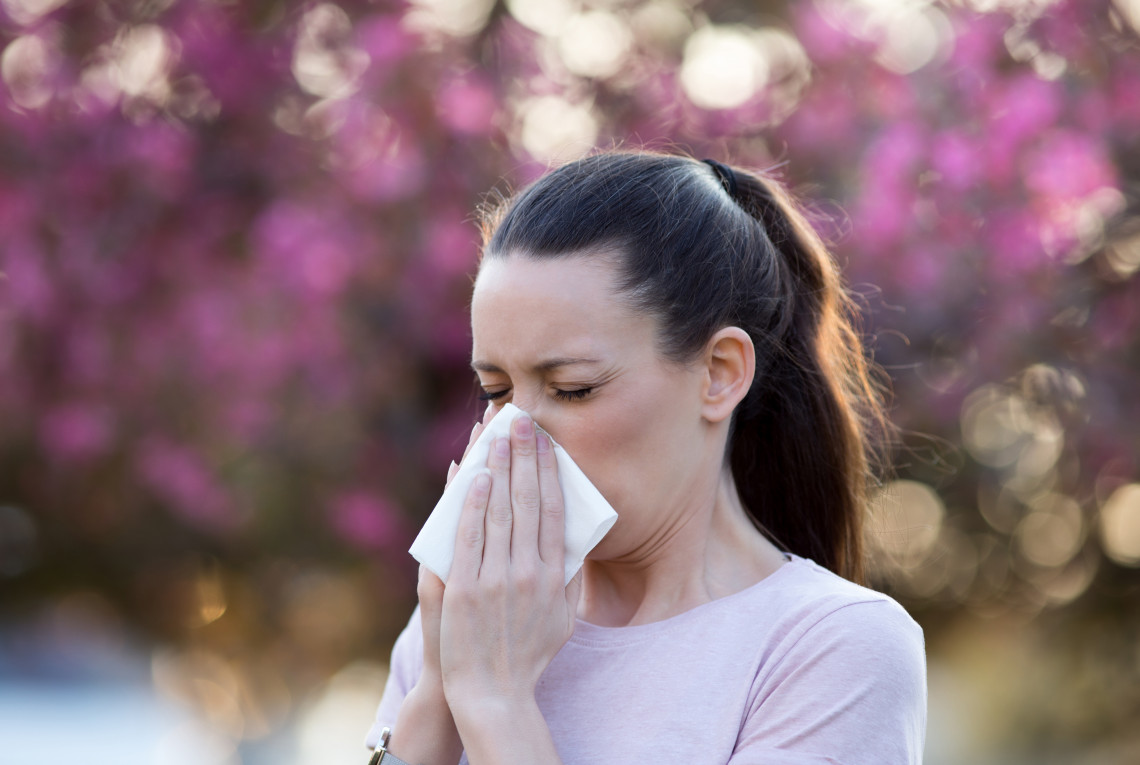Climate change: the growing danger of heat for human health


Two current reports warn of the effects of heat waves, which have already caused thousands of heat-related deaths in Europe. The reports urgently call for local and global action to mitigate health risks from heat stress and to protect the environment, since humans and nature are inextricably linked.
Two recently published reports by the German Advisory Council on the Environment (SRU) and the German Advisory Council on Global Change (WBGU) examine the direct and indirect effects of climate and environmental change on human health. Both reports emphasize the growing danger from heat. In Europe alone, for example, there were approximately 60,000 heat-related deaths in the summer of 2022. Because of climate change, heat waves are becoming more frequent and lasting longer. They cause stress for the human body because heat can exacerbate existing illnesses and cause new ones. Illnesses caused by heat range from exhaustion and sleep disorders to physical changes such as rashes to severe illnesses resulting in death. High levels of heat stress can lead to heatstroke, which kills more than three quarters of those afflicted. Survivors often suffer damage to their organs or nervous systems. However, many illnesses caused by heat stress are avoidable. The reports emphasize the importance of an intact environment for human health and highlight actions for countering health risks like heat.
Consequences for human health
The SRU report Umwelt und Gesundheit konsequent zusammendenken (Considering health and the environment together) recommends taking preventive measures to protect people from heat. The need for action is urgent as heat waves are on the rise and are affecting more people. More and more people live in cities, which heat up much more than rural areas. Furthermore, in Europe, the elderly fraction of the population –the group most at risk – is growing. In addition to the elderly, groups at risk include people with pre-existing conditions, pregnant women, and children. However, the SRU report also points out that a person's physical condition isn't the only factor that increases the danger of heat. Living and working conditions also affect the risk of falling ill. People who work outdoors, and the homeless, are particularly susceptible to heat.
Heat not only has a direct impact on health, but can also affect the healthcare system itself, and with it the quality and availability of medical treatment. For example, it can increase the work load in healthcare facilities, while also causing staff to fall ill at the same time.
In addition to the issues raised by the SRU, the WBGU report, Healthy living on a healthy planet, also examines the global impact of heat on animals and ecosystems. Animals are also limited in their ability to adapt to high temperatures and can lose their habitats and die out in some areas. These environmental changes, which are enormously stressful for flora and fauna, also affect human health. Heat, drought and water shortages result in lower crop yields and crop failures, as well as decreasing the production of animal products such as milk and eggs. As a result, people in various regions suffer from hunger and malnutrition. People around the world are not affected equally.
Local adaptations to climate change to protect against heat
Beyond more rigorous climate action, the SRU calls for funding for climate change adaptation measures to reduce the health risks caused by heat stress. Since temperatures and heat stress differ regionally, the SRU recommends that Germany’s states and municipalities develop their own strategies for adapting to climate change.
These include measures for adapting neighborhoods and buildings. Regulations for new construction and for modifications to existing buildings would help to keep indoor spaces as cool as possible. Restoring sealed ground and planting green belts can improve microclimates.
Along with redesigning human living spaces, information such as warnings and guidelines should be provided to raise public awareness and prepare people for heat waves. Furthermore, accessible information and services should be provided for especially vulnerable groups such as people living alone or the homeless.
Global action
The WBGU emphasizes the inseparability of nature and human health. It sees a need for global environmental and health governance with intersystem cooperation and participation. There is much to be done. Healthcare systems need to be adapted to environmental changes worldwide. Protecting human health and the natural world means staying within the planetary boundaries and showing solidarity for vulnerable groups such as children, people with mental or physical disabilities, and people with low incomes.


